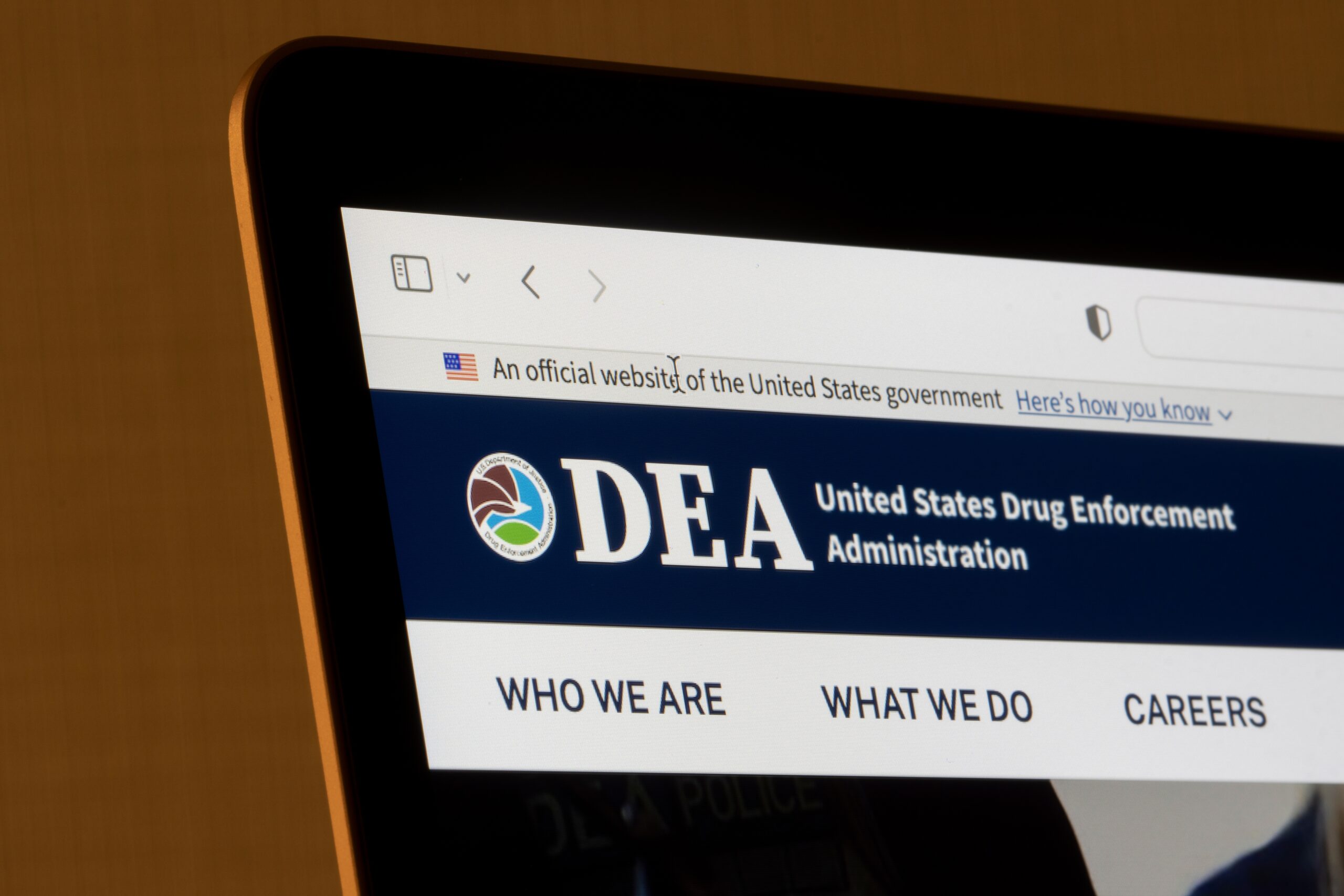Connect with us
Published
6 months agoon

As we continue to witness the massive modern shift surrounding drugs—including cannabis and a number of other psychoactive substances—it appears that the powers that be are finally attempting to make up for the decades of potential discovery and innovation lost to the War on Drugs.
Namely, the Drug Enforcement Administration (DEA) is gearing up for a major influx in research, proposing a drastic increase in its production quote this year, including cannabis compounds and psychedelics like psilocybin, psilocyn, and ibogaine. The proposed increases are to “support research and clinical trials” and “demonstrate the DEA’s support for research within Schedule I controlled substances,” according to the new DEA notice.
Among the shifts, the DEA is looking to nearly double the amount of psilocybin, psilocyn and delta-9 THC production when compared to the levels initially set for 2023.
Psilocybin jumps from the previous proposal of 8,000 grams to 15,000 grams in the new quota; the DEA is also looking to double its previous 12,000-gram quota for psilocyn to 24,000 grams. The adjusted increases in both compounds present in magic mushrooms are far greater than years prior, showing the DEA’s escalating need to research the substances as time goes on.
The DEA didn’t adjust its 6.7 million-gram quota for cannabis, though it is calling for an updated 628,460 grams of delta-9 THC, a 63% increase from its initial 384,460-gram figure. When it comes to all other THC, the DEA is calling for a massive boost in production from 15,000 grams to 350,000 grams, or a 2,333% increase.
The agency is also calling for a substantial ibogaine increase, with an updated figure of 150 grams—or five times more than the 2023 amount it initially called for at the end of last year.
In proposing the changes to the aggregate production quota (APQ) for 2023, the DEA considered changes in demand for that class; whether increased demand for classes are temporary, short term or long term; whether increased demand can be met through existing inventories, increased individual manufacturing quotas or increase importation without increasing the APQ; and whether decreased demand for specific classes will result in excessive inventory accumulation by those registered to handle such classes.
The DEA considered other factors, “including changes in the currently accepted medical use in treatment with the class or the substances which are manufactured from it, the economic and physical availability of raw materials for use in manufacturing and for inventory purposes, yield and stability problems, potential disruptions to production (including possible labor strikes), and recent unforeseen emergencies such as floods and fires.”
The proposed increases come as the DEA considers an administrative review into the scheduling status of cannabis, after the U.S. Department of Health and Human Services (HHS) recommended a review of the drug’s status. The HHS recommended that cannabis move from Schedule I to Schedule III under the Controlled Substances Act. The change also coincides with the possibility of psychedelics like psilocybin and MDMA seeing federal approval for therapeutic use, namely to treat major mental health conditions — many of which have otherwise been deemed as treatment resistant.
The changes are also subject to a 30-day public comment period, beginning Tuesday, Oct. 31.
According to the DEA, the changes will “provide for the estimated medical, scientific, research, and industrial needs of the U.S., for lawful export requirements, and for the establishment and maintenance of reserve stocks.”
Looking back to late last 2022, the DEA’s prior quotas for 2023 had already increased when compared to its initial proposals, following similar trends from years prior.


Study Reveals State Cannabis Legalization Lowers Immigrant Deportation


DEA Challenges Bid To Use Psilocybin Under ‘Right To Try’ Legislation


Vegans Rejoice as Farmers Switch from Chickens to Hemp


Louisiana Legislative Committee Unanimously Passes Adult-Use Cannabis Framework Bill


Louisiana House Bill to Regulate Hemp Products Advances Along With Senate Bill to Ban


Cresco Labs Workers Reportedly De-Unionize
